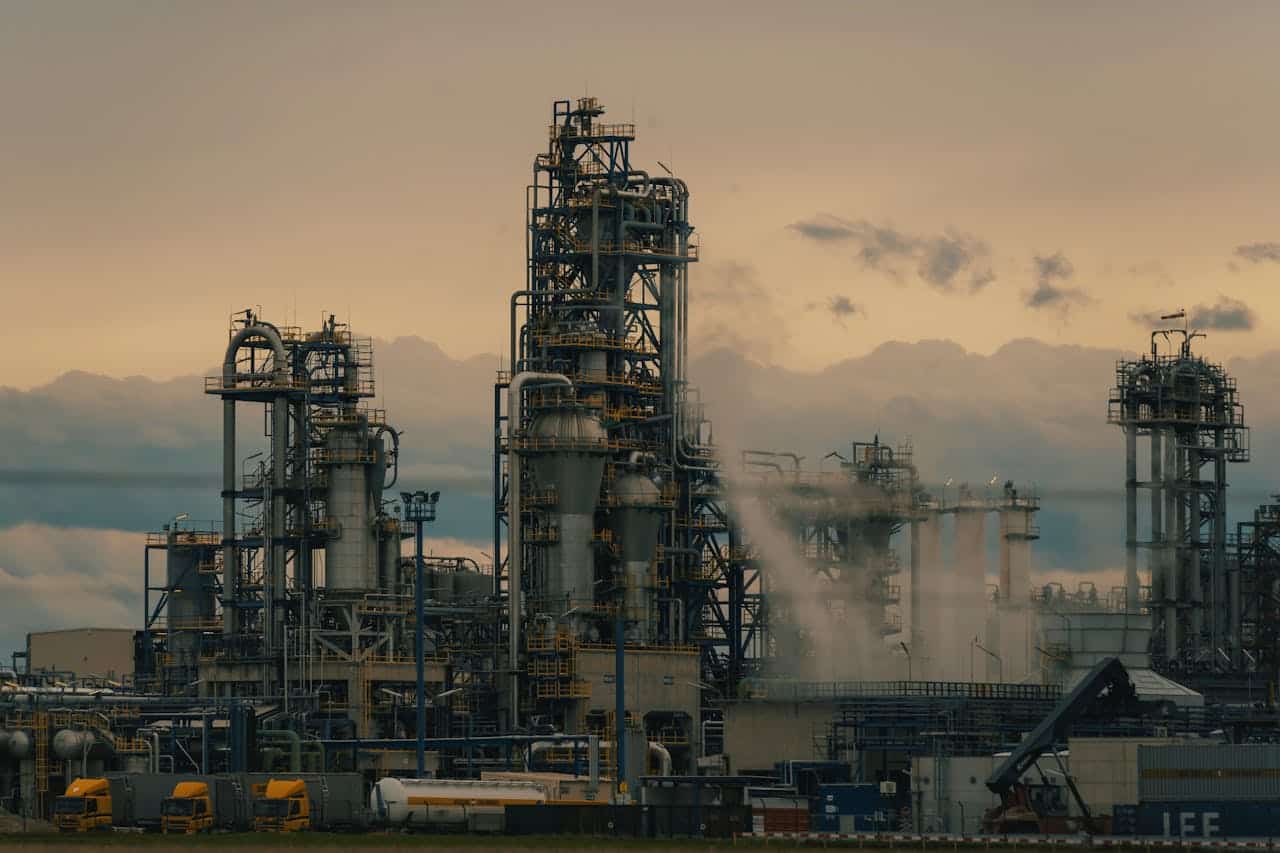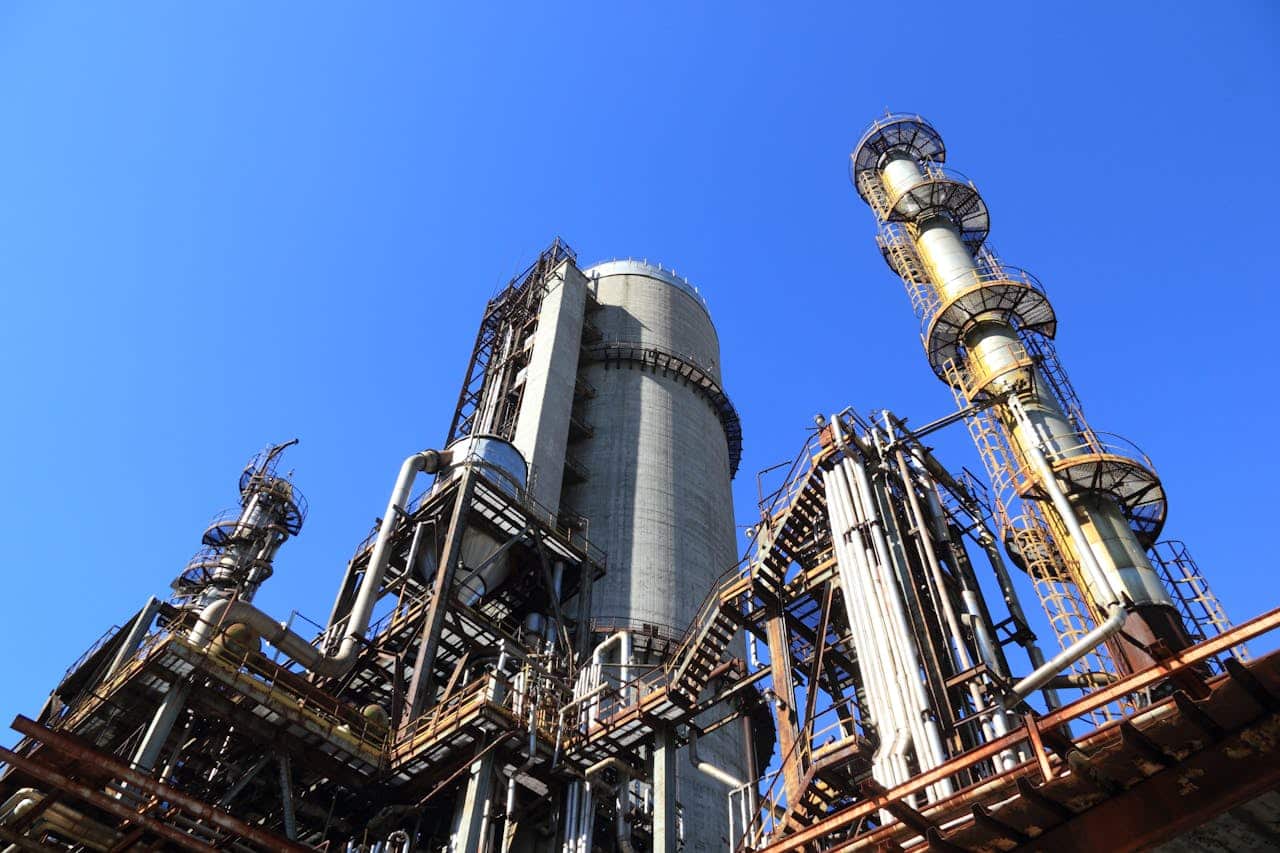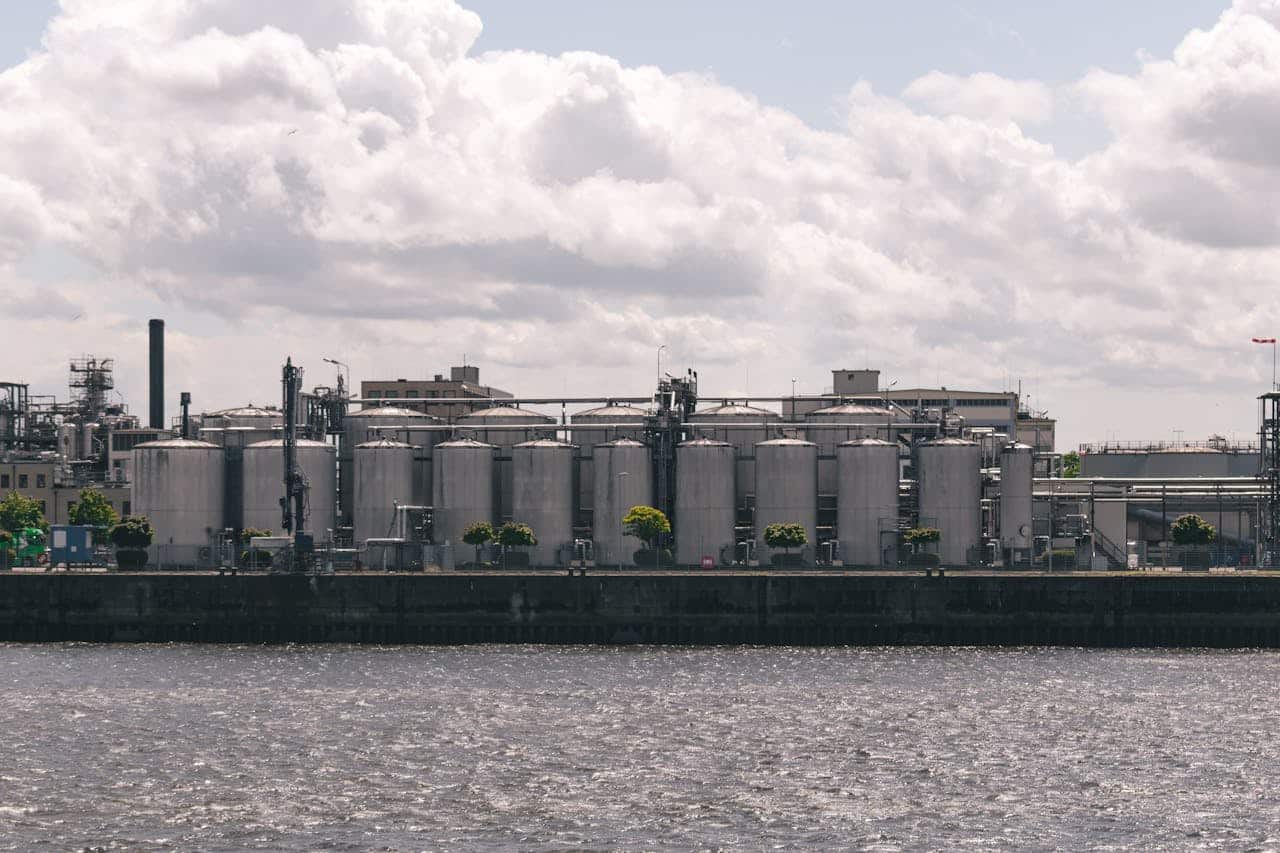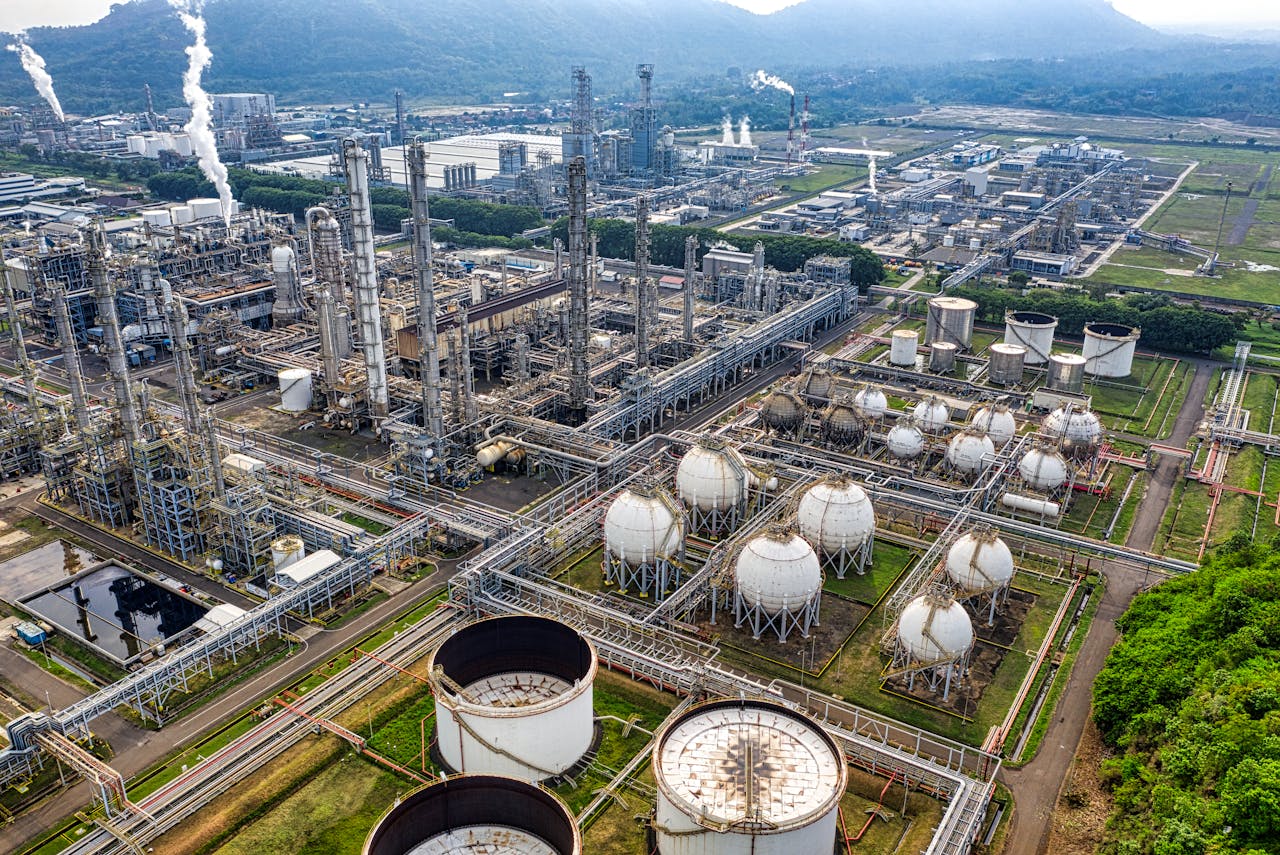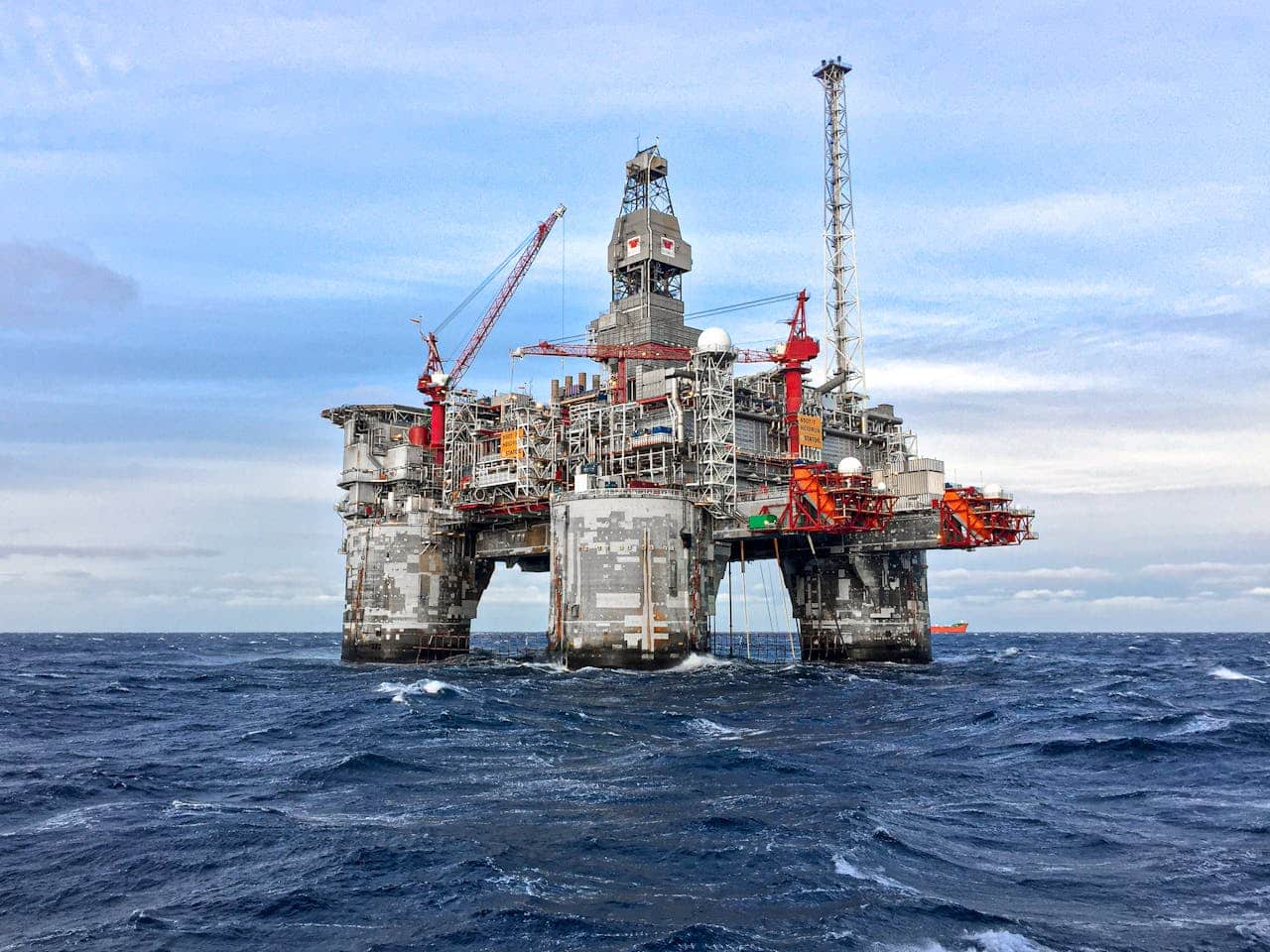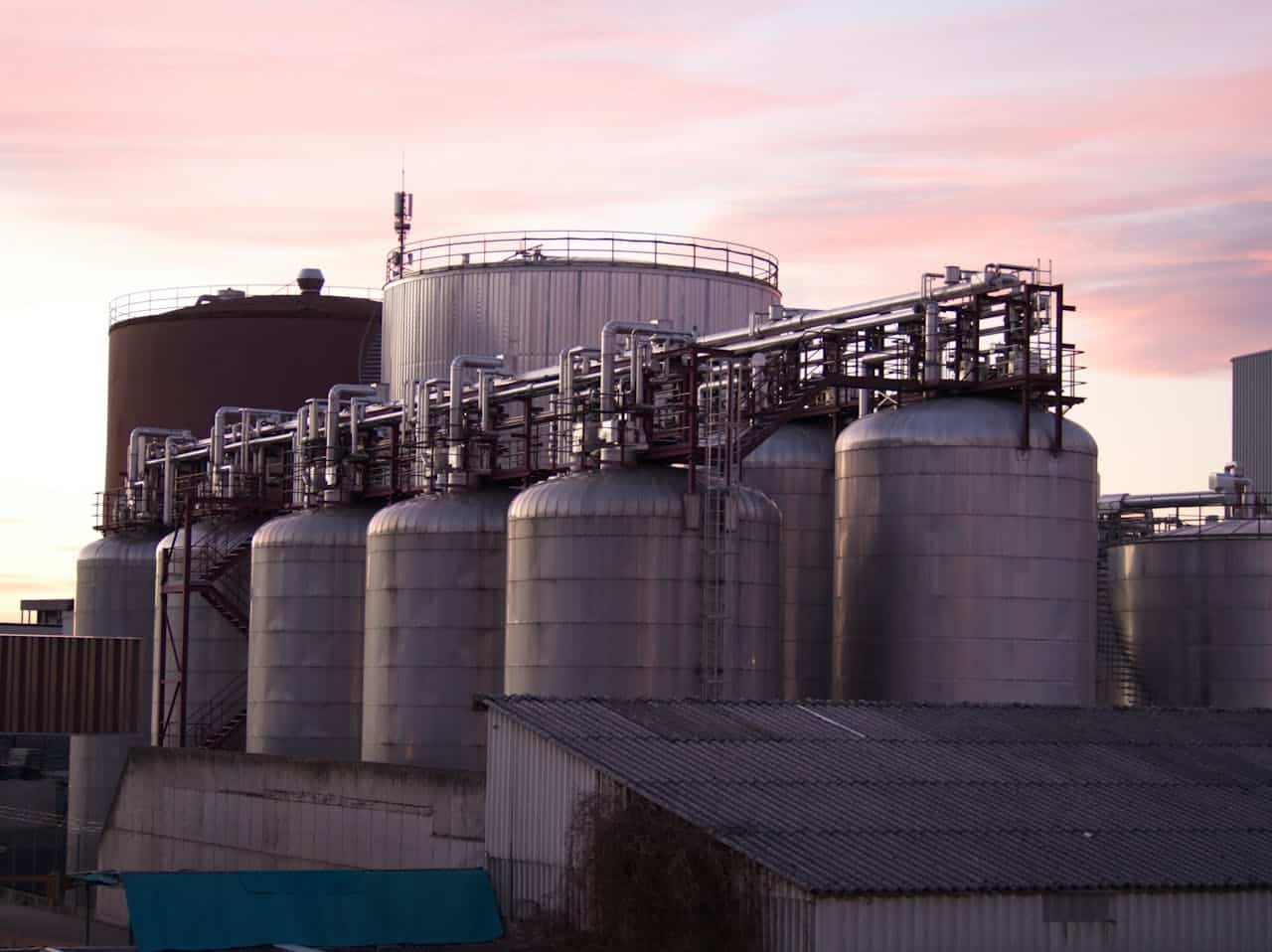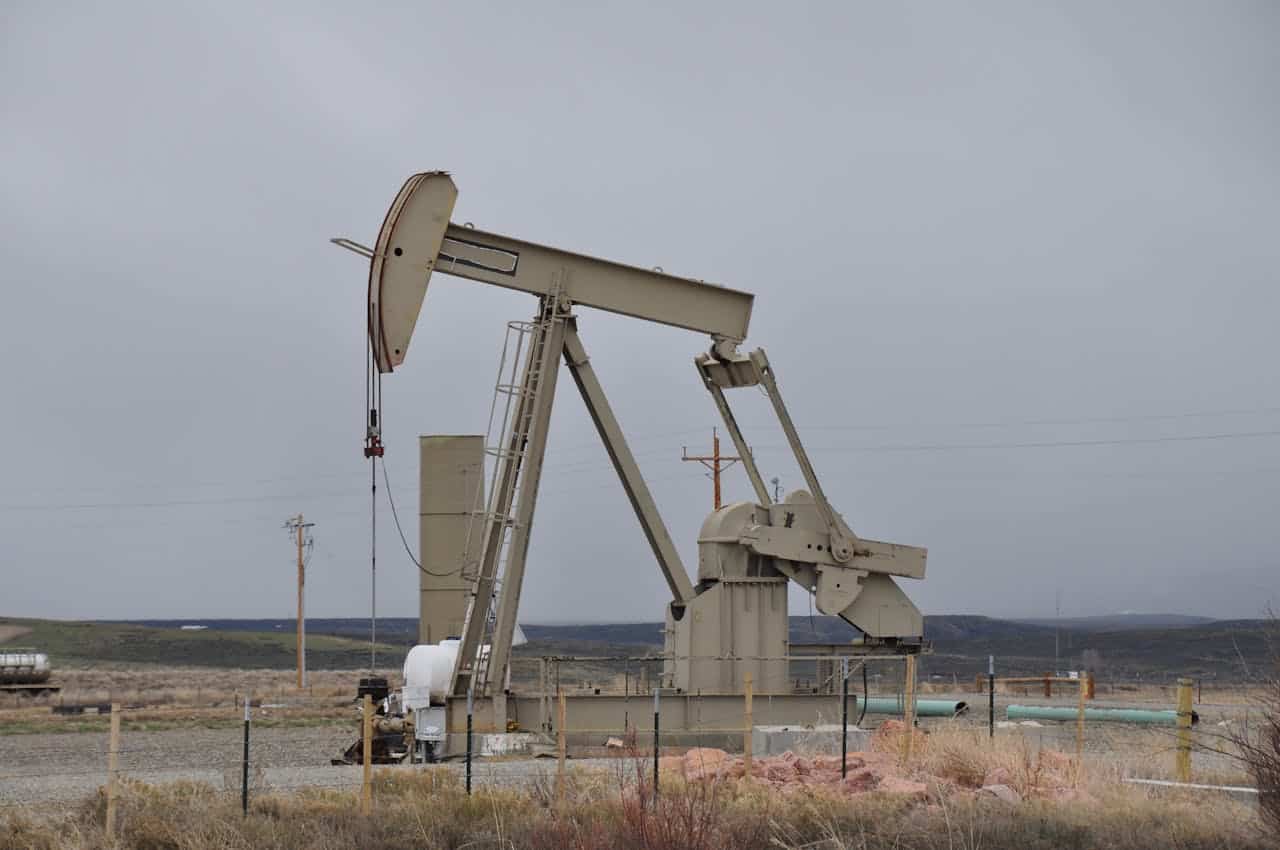Digital Transformation in Downstream Oil and Gas
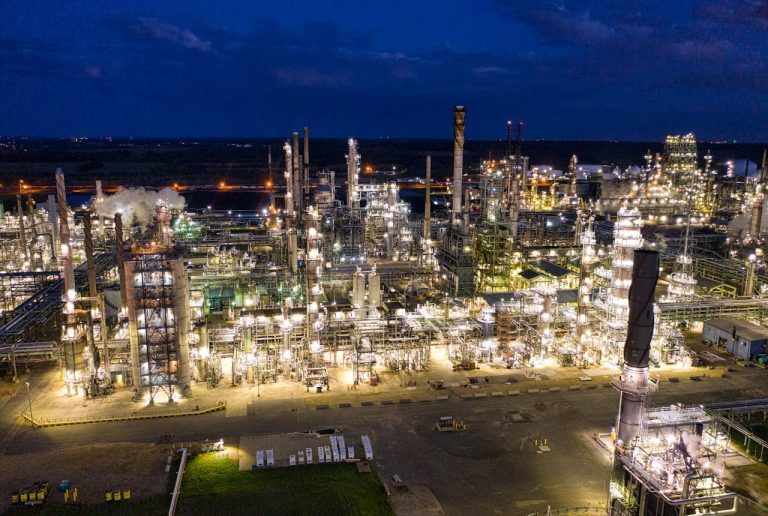
| Date | Format | Duration | Fees (USD) | Register |
|---|---|---|---|---|
| 17 Nov - 28 Nov, 2025 | Live Online | 10 Days | $7735 | Register → |
| Date | Venue | Duration | Fees (USD) | Register |
|---|---|---|---|---|
| 01 Dec - 05 Dec, 2025 | London | 5 Days | $6305 | Register → |
Did you know that the global digital transformation market in the oil and gas industry is projected to reach USD 271.44 billion by 2032, growing at a CAGR of 17%? This compelling statistic underscores the critical importance of digital technologies in optimising downstream operations.
Course Overview
The Digital Transformation in Downstream Oil and Gas course by Alpha Learning Centre is meticulously designed to equip industry professionals with essential skills in leveraging cutting-edge technologies for refining, processing, and distributing petroleum products. This course focuses on data analytics, IoT, AI, and automation to ensure participants can effectively navigate the complex landscape of digital transformation in the downstream sector.
Why Select This Training Course?
Selecting this Digital Transformation Course offers numerous advantages for professionals involved in refinery operations, process engineering, and technology implementation. Participants will gain advanced knowledge of digital twin technology, AI applications, and IoT implementation in refining processes. The course provides hands-on experience with state-of-the-art digital twins and real-time process simulation tools, enabling attendees to optimise their operational efficiency effectively.
For organisations, investing in this training enhances overall operational performance and reduces maintenance costs. By ensuring that personnel are well-trained in digital technologies, organisations not only protect their assets but also build sustainable practices. Research shows that companies implementing comprehensive digital transformation strategies can significantly improve their operational efficiency. For instance, the SATORP Refinery in Saudi Arabia increased its processing capacity by 20% and saved up to 15% of energy through digital technology implementation.
Individuals who complete this course will benefit from enhanced career prospects as they become more valuable assets in their respective fields. The skills acquired through this training can lead to professional growth and increased responsibilities within their organisations. Studies indicate that with advanced digital technologies, refineries can achieve significant improvements in operational reliability. For example, TotalEnergies’ Normandy refinery observed a 40% reduction in unscheduled maintenance after implementing IoT for real-time equipment monitoring.
Transform your downstream operations – Register now for this critical advanced training programme.
Who is this Training Course for?
- Refinery operations managers
- Digital transformation specialists
- Process engineers
- IT/OT integration professionals
- Plant managers
- Technology implementation leads
- Operations excellence managers
- Business improvement specialists
What are the Training Goals?
- Master digital transformation strategy development
- Implement advanced analytics solutions
- Optimise operational efficiency through digitalisation
- Develop cyber-security frameworks
- Execute successful digital change management
- Leverage IoT and connected technologies
- Create value through data monetisation
How will this Training Course be Presented?
The Digital Transformation in Downstream Oil and Gas Course employs a comprehensive and innovative approach to ensure maximum knowledge retention and skill development. Expert-led instruction from seasoned digital transformation professionals forms the core of the course, providing up-to-date insights into modern digital technologies and practical applications for today’s downstream sector.
The course utilises a blend of theoretical lectures and practical applications, allowing participants to apply their knowledge to realistic scenarios. Advanced educational methodologies create a personalised and engaging learning journey through:
- Interactive digital twin demonstrations
- Real-time simulation workshops
- Virtual reality training sessions
- Hands-on analytics platforms
- Live system integration exercises
- Digital transformation case studies
- Collaborative problem-solving sessions
Join us now and elevate your digital transformation expertise to new heights!
Course Syllabus
Module 1: Digital Strategy and Architecture
- Digital maturity assessment frameworks
- Technology roadmap development
- IT/OT convergence strategies
- Cloud architecture planning
- Digital ecosystem design
- Vendor selection methodology
- ROI calculation models
- Change management protocols
- Risk mitigation strategies
Module 2: Advanced Analytics and AI Implementation
- Predictive maintenance systems
- Machine learning algorithms
- Real-time optimisation tools
- Asset performance management
- Process analytics implementation
- Data quality management
- AI model development
- Neural network applications
- Digital twin integration
- Automated decision support
Module 3: IoT and Connected Technologies
- Sensor network architecture
- Edge computing implementation
- Real-time data acquisition
- Network security protocols
- Device management systems
- Wireless infrastructure planning
- Data transmission optimisation
- Integration middleware
- Platform scalability
- Remote monitoring solutions
- Predictive analytics deployment
Module 4: Operational Excellence Through Digitalisation
- Process automation systems
- Digital workflow optimisation
- Real-time performance monitoring
- Energy efficiency optimisation
- Quality control automation
- Smart maintenance scheduling
- Asset lifecycle management
- Operations visibility tools
Module 5: Cybersecurity and Risk Management
- Threat detection systems
- Security architecture design
- Vulnerability assessment protocols
- Incident response planning
- Access control management
- Data protection strategies
- Network segmentation
- Security monitoring tools
- Compliance frameworks
- Recovery protocols
Module 6: Digital Supply Chain Optimisation
- Inventory management systems
- Logistics automation tools
- Blockchain implementation
- Smart contract protocols
- Track and trace solutions
- Supply chain visibility
Module 7: Data Management and Analytics
- Data governance frameworks
- Analytics platform selection
- Visualisation techniques
- Data quality protocols
- Master data management
- Real-time reporting systems
- Historical data analysis
- Performance dashboards
- KPI monitoring systems
Module 8: Change Management and Digital Culture
- Digital workforce development
- Adoption strategy planning
- Stakeholder engagement
- Training programme design
- Performance measurement
- Cultural transformation
- Leadership alignment
Module 9: Future Technologies and Innovation
- Emerging technology assessment
- Innovation pipeline management
- Digital ecosystem evolution
- Technology integration planning
- Proof of concept methodology
- Innovation metrics
- Value creation models
- Scalability frameworks
Module 10: Sustainable Digital Operations
- Carbon footprint tracking systems
- Energy efficiency monitoring platforms
- Environmental compliance automation
- Emissions reduction technologies
- Digital waste management solutions
- Renewable energy integration
- Smart grid implementation
- Sustainability reporting tools
- Digital environmental monitoring
- Circular economy solutions
- Green technology assessment
Module 11: Digital Customer Experience and Marketing
- Digital customer journey mapping
- E-commerce platform integration
- Customer analytics implementation
- Digital marketing automation
- Mobile application development
- Customer relationship management
- Loyalty programme digitalisation
- Omnichannel experience design
- Digital payment solutions
- Market intelligence platforms
- Real-time customer insights
Module 12: Digital Asset Performance and Reliability
- Advanced equipment health monitoring systems
- Reliability-centred maintenance digitalisation
- Asset integrity management platforms
- Digital inspection and testing protocols
- Condition-based monitoring implementation
- Performance analytics and benchmarking
- Maintenance strategy optimisation
- Risk-based inspection technologies
- Digital documentation management
- Equipment lifecycle tracking
- Predictive failure analysis systems
Module 13: Digital Process Safety and Operations Excellence
- Advanced process hazard analysis and simulation
- Safety-critical systems monitoring protocols
- Digital permit-to-work implementation
- Process safety information management
- Emergency response system digitalisation
- Safety performance analytics integration
- Virtual safety audit procedures
- Automated compliance monitoring
- Digital safety culture development
- Risk management system optimisation
- Operational excellence framework integration
Training Impact
The impact of digital transformation training in downstream oil and gas is evident through various real-world case studies and data, which demonstrate the effectiveness of structured programmes in enhancing operational efficiency and reducing costs.
Research indicates that organisations implementing structured digital transformation training programmes have demonstrated measurable benefits in both operational performance and cost reduction. A case study from the SATORP Refinery in Saudi Arabia showed that applying digital technology increased processing capacity by 20% and saved up to 15% of energy.
These case studies highlight the tangible benefits of implementing advanced digital technologies:
- Improved operational efficiency through digital twin technology
- Enhanced predictive maintenance capabilities using IoT and AI
- Increased processing capacity and energy savings
- Strengthened supply chain optimisation through advanced analytics
By investing in this advanced training, organisations can expect to see:
- Significant improvement in operational performance indicators
- Improved ability to handle complex refining processes
- Enhanced decision-making capabilities through real-time data analytics
- Increased competitiveness through comprehensive digital strategies
Transform your career and organisational performance – Enrol now to master Digital Transformation in Downstream Oil and Gas!

